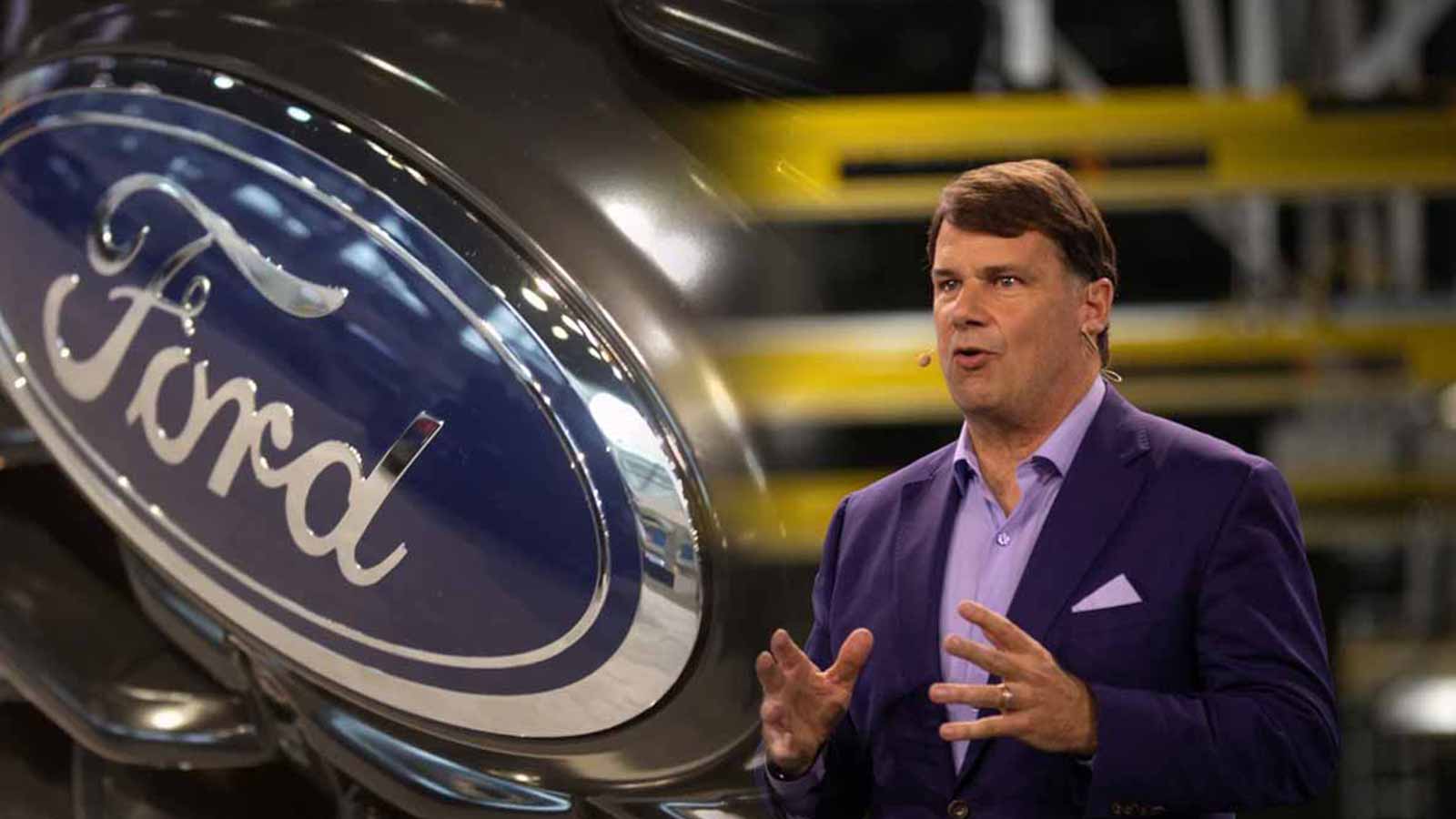Ford’s CEO just pulled back the curtain on a growing industry problem that’s now shutting down factories across the board.
Things aren’t running so smoothly at Ford these days. What used to be a well-oiled machine is now being held together by determination, patience, and a whole lot of juggling. The company, known for its grit and legacy, is facing a frustrating new reality. Supply chain chaos has forced a Ford shut down factories moment—not once, but more than once. And when the guy at the top starts talking about “hand-to-mouth” survival, you know something’s gone sideways.
Supply struggles force Ford shut down factories across the map
Jim Farley didn’t mince words. When he sat down with Bloomberg, his tone was flat but honest. “It’s day to day,” he admitted. “We’ve had to shut down factories. It’s hand-to-mouth right now.” There was no dramatic build-up. Just the facts. And though he didn’t specify which plants were hit or for how long, the message came through loud and clear: it’s rough out there.
Goodbye Pepsi: Costco makes a major decision that completely changes its strategy with sugary drinks
How detonating a nuclear bomb could protect planet Earth
The trouble traces back to something deceptively small—rare earth minerals. These hidden heroes power everything from speakers to seat belts. Without them, your car isn’t going far. Problem is, 90% of America’s supply comes from China. And thanks to the lingering tension from the trade war started in the Trump era, the tariff tide is now crashing hard. A 125% hit on some materials? That’s not a ripple. That’s a wave strong enough to knock down a giant.
For Farley and Ford, the timing couldn’t be worse. They’ve already maxed out their domestic production capabilities. “We don’t have a lot of excess capacity,” he said. The brand has long leaned on global operations to stay ahead. Now that web of overseas support is tangled in red tape and raw nerves.
Between global politics and local pressure
Ford’s position is uniquely tough. While it’s the biggest U.S. producer of vehicles, it also exports a hefty share beyond American borders. That means when trade lines tangle, the pain cuts both ways. Farley didn’t shy away from saying it. These tariffs, he warned, could “blow a hole” in the auto industry—and not in some abstract way. Real people, real jobs. Real uncertainty. Especially in the Midwest, where Ford has long been more than just a brand. It’s a way of life.
He’s been trying to bridge the divide, one conversation at a time. Working with China’s ministry of commerce. Educating U.S. leaders about just how much is riding on those little metallic elements most of us never think about. These are not boardroom talking points. They’re lifelines for communities whose paychecks are tied to bolts, belts, and bumpers.
And while there’s a flicker of hope—Trump called the trade war “over” and praised his “excellent” relationship with Xi Jinping—Ford isn’t celebrating yet. Farley knows words aren’t enough. What they need is access. Agreements. A green light for materials that keep the lights on.
Minerals aren’t the only problem
Factory closures are just one piece of a bigger mess. Ford’s been hit from all sides lately. Over a million cars pulled back in a sweeping recall tied to a glitch that could’ve easily gone unnoticed until it was too late. A popular dealership got the boot to make space for a chain garage with national ambitions. It feels like even their own turf is being chipped away.
Buys a coal mine for $2 million and discovers metals worth up to $36 billion
If you remember these 10 moments from decades ago, your memory is sharper than most in their 70s
Still, amidst the setbacks, the soul of the brand keeps showing up. Like the guy who unearthed a dusty 1969 Ford muscle car from a basement and brought it roaring back to life. There’s something poetic in that. Grit, history, pride—it’s all still there, just beneath the surface.
So when you hear that Ford shut down factories, it’s more than a headline. It’s a snapshot of an industry caught in a global chess game, trying to make the next move with missing pieces. There’s no easy fix here, but if history’s any guide, Ford doesn’t give up that easily. It spins its wheels until traction kicks back in. And right now, that’s what everyone’s waiting for.
